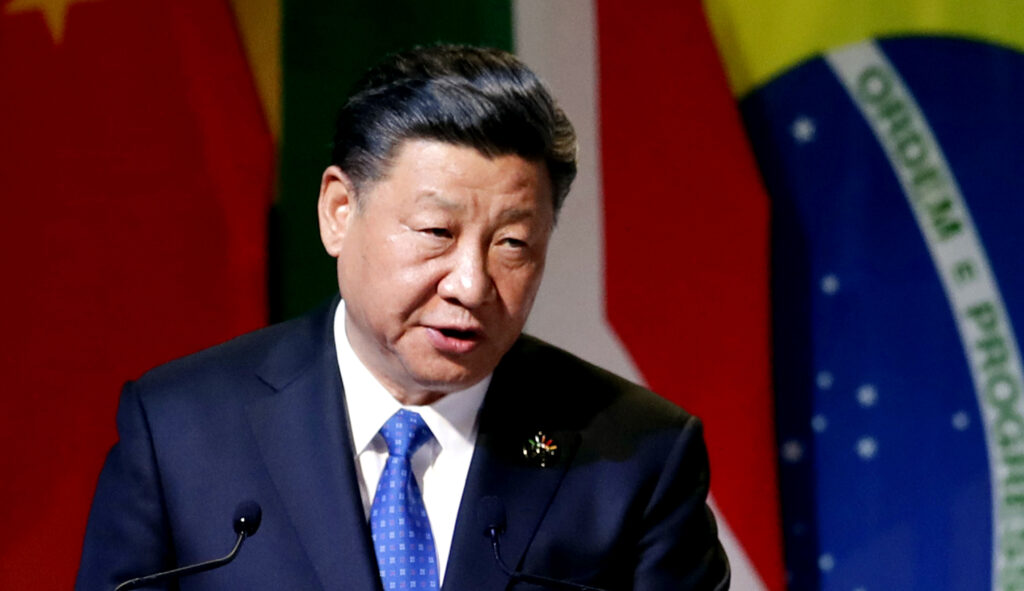Chinese authorities are hosting a twisted tea party — and it’s an invitation no one wants.
Beijing’s top intelligence agency on Tuesday laid out 10 “conditions” that will cause authorities to voluntarily — and in some cases, involuntarily — bring someone in for questioning, known in slang and used by netizens as “an invitation to tea.” The “conditions” subject to scrutiny revolve around national security, state secrets, and accusations of violating the country’s updated anti-espionage law.

This is the first time the Ministry of State Security has acknowledged the euphemism and laid out its “10 cups of tea” that could land someone in hot water and lead to a summons, according to the government’s WeChat post.
The list comes as Beijing has been busy ramping up its anti-spying efforts, which include asking the public for tips on alleged spying by foreign nationals, who, if found guilty of violating the anti-espionage laws, could be slapped with a summons or a one-way ticket out of China. There have also been cited cases when outspoken critics of the government, ministers, and other elites have suddenly gone missing, only for the government to claim they were brought in on an anti-corruption or security case weeks later.
Gordon Chang, author of The Coming Collapse of China, told the Washington Examiner he thinks the published list may have been announced to appease critics.
“I think it’s due to public pressure inside China where so many people have been dissatisfied with the increasing reach of the security state,” he said. “I think they are trying to show a more human face on it, but it is fascinating that they would think this is necessary.”
The list of tea topics includes suspected crimes of endangering national security; committing or assisting espionage; failing to take security precautions against spying; violating permits of construction projects involving national security matters; refusing to cooperate in an espionage investigation; illegally acquiring or holding state secrets; illegally producing, selling, holding, or using spy devices; leaking state secrets related to counter-espionage and intelligence works; violating the official order of leaving the country within a designated period; and, committing acts endangering national security other than espionage.
China’s counter-espionage law was expanded in July and gave Beijing much more leeway in what it views as spying and the investigative powers law enforcement agencies have at their disposal. Chang feels that Tuesday’s announcement may also be a way of quelling investor fears at a time when China is struggling to bring in more big business.
“I don’t think anyone really believes that the Ministry of State Security will feel bound by this announcement,” he said. “I think there are clearly elements in the Chinese central government and Communist Party that understand that the increasing reach of the security services has inhibited foreign investment and foreign investors in China, and some elements are worried about that.”
CLICK HERE FOR MORE FROM THE WASHINGTON EXAMINER
China and the United States have been engaged in a growing espionage shadow war that has led to paranoia in both countries.
China has raided, kicked out, and imprisoned people they believe are trying to spy on them, which has only deepened fears about doing business with Beijing.
